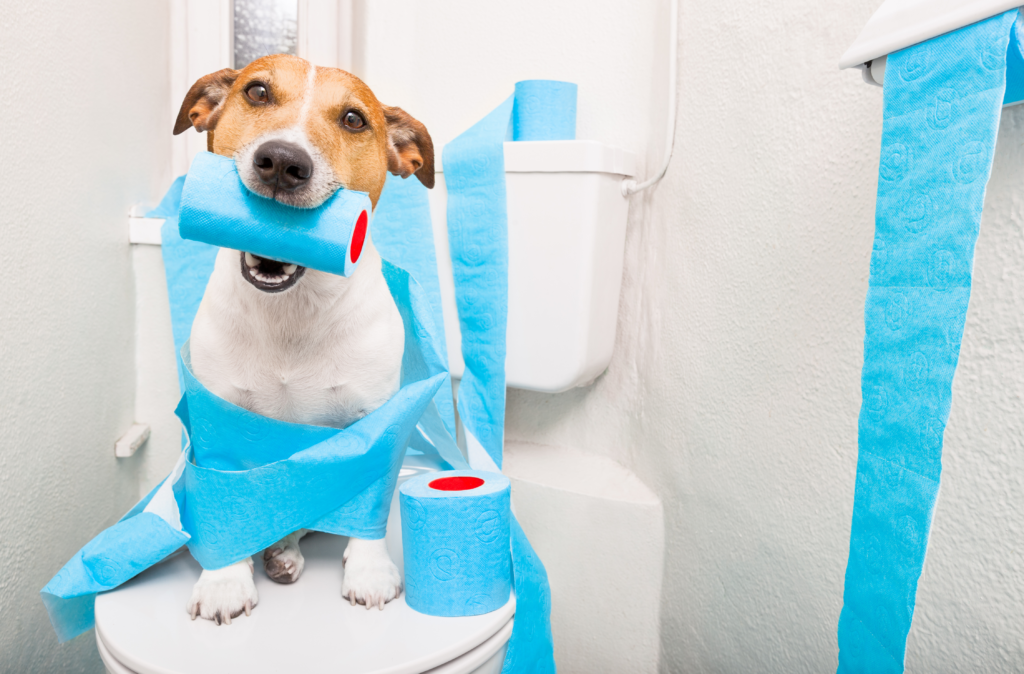
I. Introduction to Diarrhea Older Dogs
A. Overview of Diarrhea in Dogs
Dihea is a common issue in dogs, characterized by loose or watery stools. While it can affect of any age, older dogs are particularly vulnerable due to their changing bodies and health conditions. Understanding diarrhea in senior dogs is crucial for pet owners to ensure their furry friends remain healthy and comfortable.
B. Importance of Recognizing Symptoms in Older Dogs
Older dogs may not show symptoms as clearly as younger ones, making it essential for owners to be vigilant. Recognizing the signs of diarrhea early can help prevent more serious health issues and ensure timely veterinary care.
C. Common Causes of Diarrhea in Senior Dogs
Several factors can lead to diarrhea in older dogs, including dietary changes, infections, and underlying health conditions. Being aware of these causes can help owners take proactive steps in managing their dog’s health.
II. Identifying the Symptoms of Diarrhea
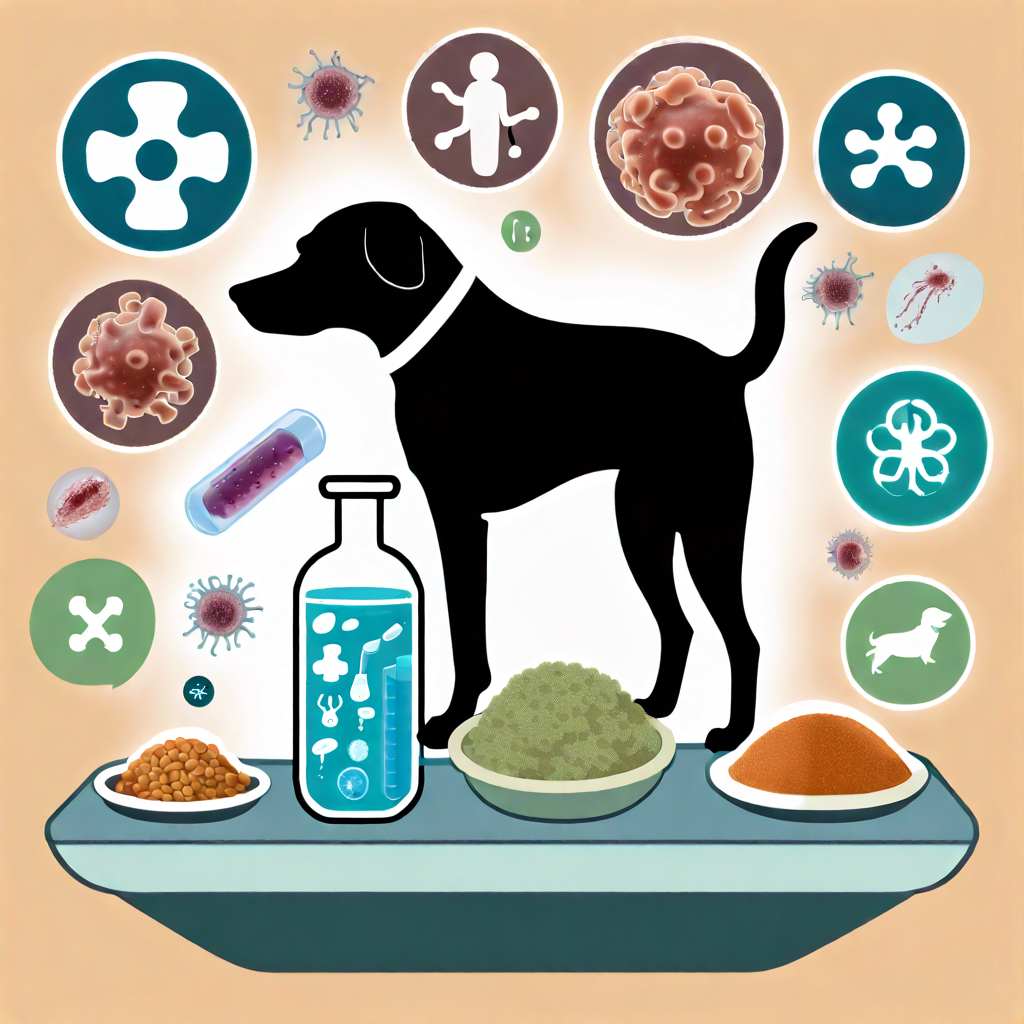
A. Types of Diarrhea: Acute vs. Chronic
Diarrhea can be classified as acute or chronic. Acute diarrhea comes on suddenly and is often short-lived, while chronic diarrhea persists for more than a few weeks. Understanding the type can help in determining the appropriate course of action.
B. Additional Symptoms to Watch For
In addition to loose stools, pet owners should be on the lookout for:
- Vomiting: This can indicate a more serious issue.
- Lethargy: A lack of energy may suggest that the dog is not feeling well.
- Changes in Appetite: A sudden decrease or increase in appetite can be a red flag.
C. Assessing the Severity of Diarrhea
The severity of diarrhea can vary. Owners should consider factors such as the frequency of bowel movements, the presence of blood, and any accompanying symptoms. If diarrhea is severe or persistent, it’s time to consult a veterinarian.
III. Common Causes of Diarrhea in Older Dogs
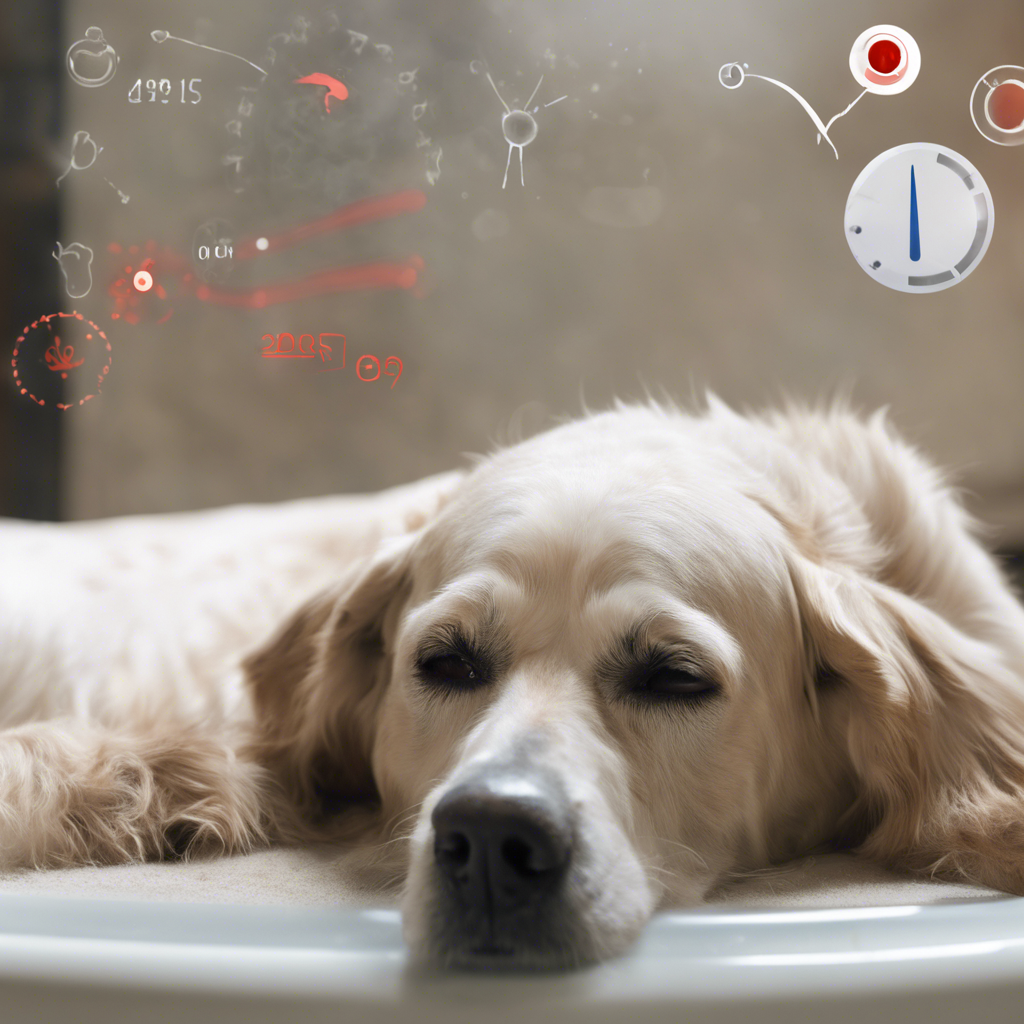
A. Dietary Changes and Food Sensitivities
Older dogs may develop sensitivities to certain foods or ingredients. Sudden changes in diet can also upset their digestive systems. It’s important to introduce new foods gradually and monitor for any adverse reactions.
B. Infections and Parasites
Infections and parasites can lead to diarrhea in older dogs. Common types include:
- Bacterial Infections: Such as Salmonella or E. coli.
- Viral Infections: Parvovirus is particularly concerning in unvaccinated dogs.
- Parasitic Infections: Worms and protozoa can cause gastrointestinal upset.
C. Underlying Health Conditions
Chronic diarrhea may be a sign of underlying health issues, including:
- Kidney Disease: Can lead to imbalances in the body.
- Liver Disease: Affects digestion and nutrient absorption.
- Cancer: May cause changes in appetite and digestion.
IV. When to Seek Veterinary Care
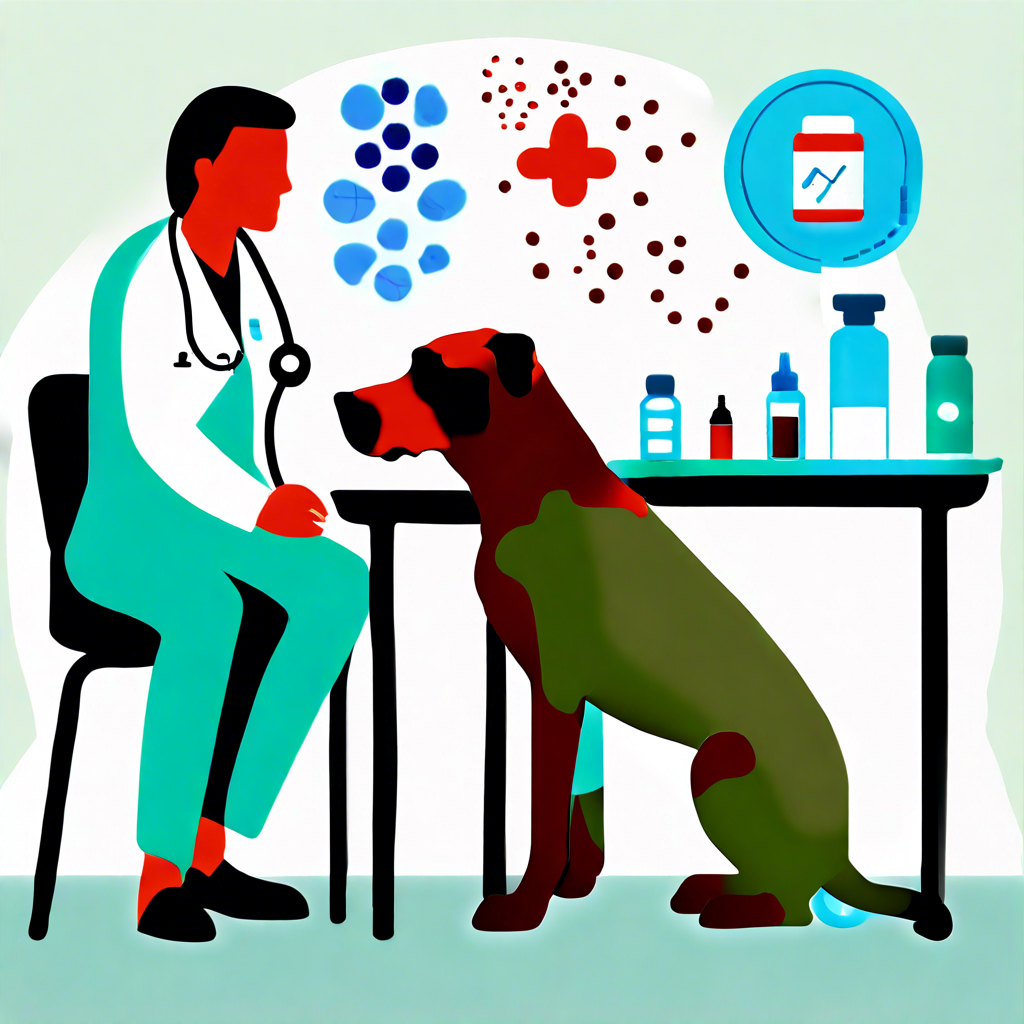
A. Signs That Require Immediate Attention
Certain symptoms warrant immediate veterinary care, including:
- Blood in Stool: This can indicate serious conditions.
- Persistent Vomiting: Especially if it accompanies diarrhea.
- Severe Lethargy: A significant drop in energy levels is concerning.
B. Diagnostic Tests Your Veterinarian May Recommend
To determine the cause of diarrhea, a veterinarian may suggest:
- Fecal Examination: To check for parasites or bacteria.
- Blood Tests: To assess overall health and organ function.
- Imaging Studies: Such as X-rays or ultrasounds to look for abnormalities.
C. Understanding Treatment Options
Treatment will depend on the underlying cause and may include:
- Medications: To address infections or inflammation.
- Dietary Adjustments: Special diets may be recommended.
- Fluid Therapy: To prevent dehydration, especially in severe cases.
V. Home Care and Management Strategies
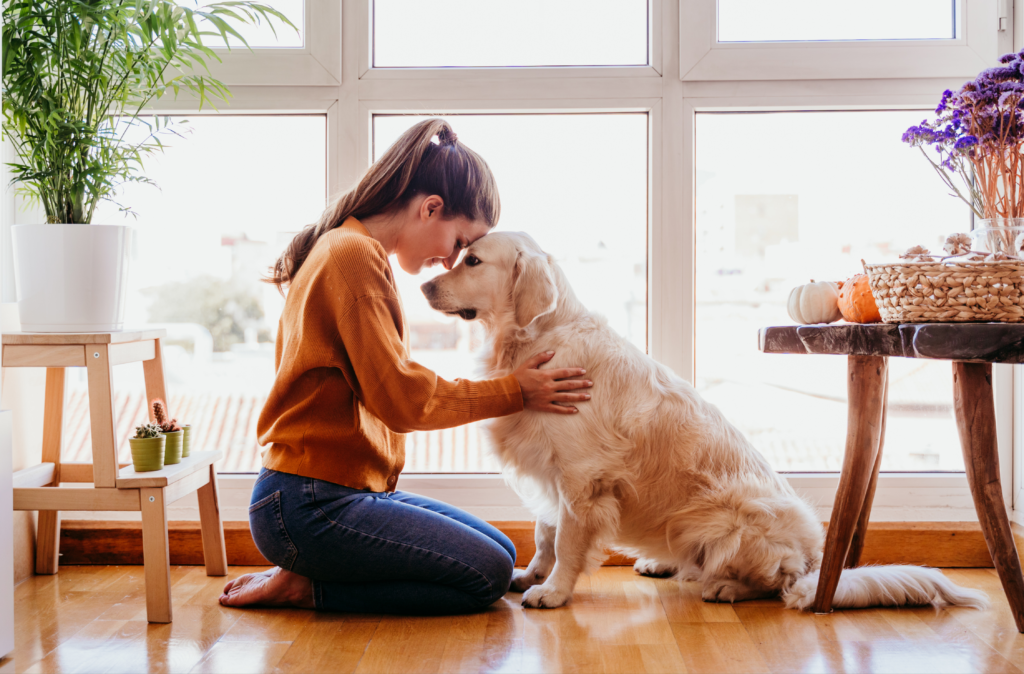
A. Dietary Recommendations for Dogs with Diarrhea
When managing diarrhea at home, consider:
- Temporary Diet Changes: A bland diet of boiled chicken and rice can help.
- Probiotics and Supplements: These can support gut health.
B. Hydration and Electrolyte Balance
Ensuring your dog stays hydrated is crucial. Offer fresh water and consider electrolyte solutions designed for pets if diarrhea persists.
C. Monitoring Recovery and Adjusting Care
Keep a close eye on your dog’s condition. If symptoms improve, gradually reintroduce their regular diet. If not, consult your veterinarian.
Conclusion
Diarrhea in older dogs is something no pet owner wants to deal with, but understanding the potential causes and knowing when to seek help can make all the difference. Whether it’s a simple dietary issue or a sign of a more serious condition, staying informed is key to ensuring your senior dog stays healthy and comfortable. Remember to keep an eye on symptoms, provide the right care at home, and never hesitate to consult your vet when needed. Your furry friend relies on you, and with the right approach, you can help them feel their best, no matter their age.
